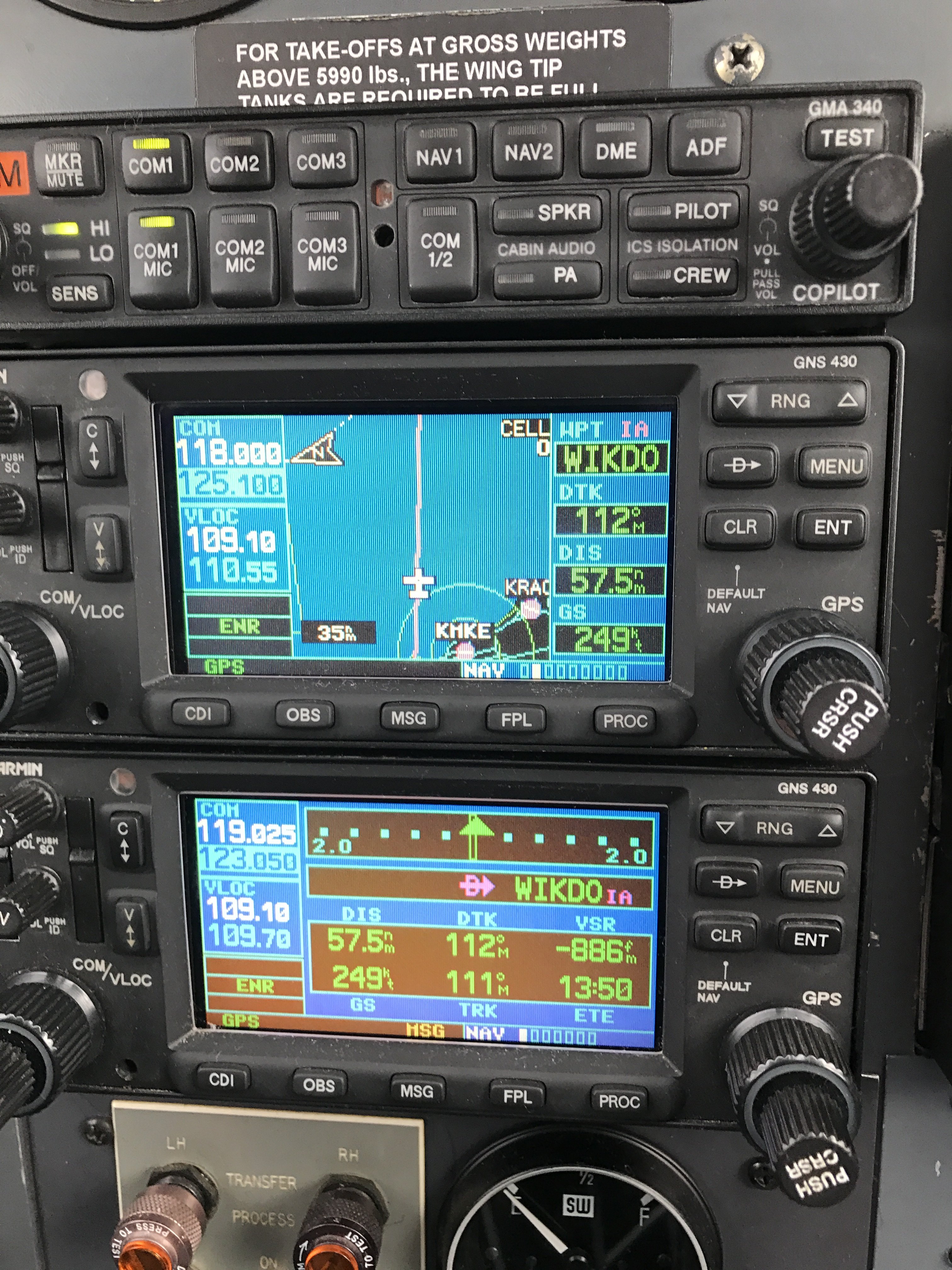Round three of government shutdowns affect on FAA pilot testing activities. While some of the information is still coming
We all are hoping that the government shutdown will be over soon, but in the meantime, a few effects that will be felt during any continued government shutdown on airman testing, training, or certification:
FAA Knowledge Tests Halted
UPDATE: 1-3-2018
PSI / CATS, the provider of FAA knowledge tests has provided notification that “we have been authorized to resume FAA Airman Knowledge Testing. However, please be advised that during this shutdown, we cannot guarantee that results will be accurately processed after Airman Knowledge Testing data is transferred to the FAA.”
The practical application of this is that knowledge tests will allow an applicant to qualify for a practical test, but since it is unlikely to sync to the master FAA database, any practical test would not be able to be done using IACRA and would have to be done using a paper 8710 form with the DPE.
FAA knowledge test providers typically are not able to continue providing “written” tests due to the fact that their systems must interrogate data to and from FAA systems that are not running during a shutdown. We have had a
This means that anyone that has not already completed their FAA knowledge tests before this time will not be able to do so until the government staff has returned. This effectively stops applicants who are pursuing training to have the ability to become eligible for practical tests that require any FAA knowledge tests.
In the interim, training can certainly continue for pilot seeking ratings or certificates by instruction providers except for taking of their knoweldge tests.
FAA Practical Tests
As of the writing of
Should IACRA become unavailable for any reason, it is possible that examiners can continue to process applications in paper format. Applicants and instructors should continue to monitor this situation and confirm the best way to process with the DPE prior to the administration of any tests.
Part 135 Line Checks
While not specifically pilot training related, any charter operators who have line checks scheduled with FAA staff should plan on them not happening while any government shutdown is taking place. When they do get back to the office, some scheduling catch up may be needed. It would be a good idea for any operators who need any oversight activities to keep their operation going to start planning ahead and during any shutdown to evaluate which of their pilots (if any) may have any currency expire during any interim time.
Delayed Processing of Certification Paperwork
While the FAA staff is out on furlough, it is assumed that any practical test applications will be placed “in the in-basket” and await final processing by FAA staff (at the local FSDOs or in Oklahoma City as appropriate) until staff returns. While we typically see processing times for practical tests between 60-90 days, the FAA does allow for the temporary airman certificates granted by DPEs when completing practical tests validity for up to 120 days. It is possible that the furlough will create further delays in this processing (hopefully we will not see a shutdown of the government itself for this length of time).
The last time this happened, the FAA’s processing did get a little behind when they got back to work, and it did cause some certificates to be delayed. In a few cases, this caused pilot’s who had temporary airman certificates to have them expire prior to receiving their new plastic certificates.
Should any pilots who have received a temporary airman certificate find that their temporary certificates are going to expire it may not be possible to schedule an appointment with an FSDO to issue a continuance of a temporary airman certificate. Pilots should note that if they have been issued a temporary airman certificate, their previous airman certificate is no longer valid and any expired temporary airman certificate (unless otherwise extended by the FAA) will become invalid for use after 120 days. Any pilots who have expiring temporary airman certificates should contact their local FSDOs (when they are back in the office) to schedule a time to extend them if their permanent airman certificate becomes delayed due to the furlough/government shutdown.
This may also be required after the shutdown as they catch up on processing. Keep an eye on any expiration dates and make sure any temporary certificates have not expired if you are going to operate.
FAA Seminars
A little less critical, but anyone planning on attending FAA Safety Team seminars that are being conducted by FAA staff members should probably plan on them not happening. While this may not seem overly critical, it may have an effect on anyone hoping to use these trainings for any currency or training purposes. keep an eye on the schedule.
This is the best understanding that I can share of these effects right now. If I get any more, I will update this and provide it. Hopefully, we will all be back to business as normal very soon..
If anyone has different information, please let me know.

 Pro-tip: Listen to weather broadcasts at a lower volume than the radio selected to the primary communications frequency.
Pro-tip: Listen to weather broadcasts at a lower volume than the radio selected to the primary communications frequency.